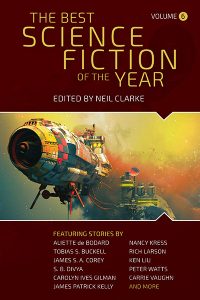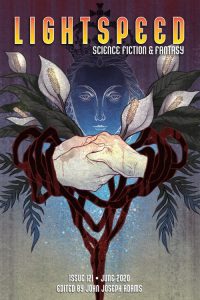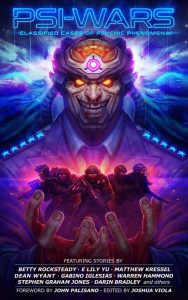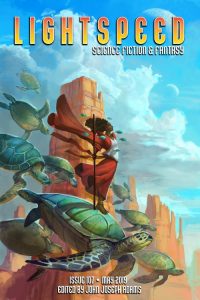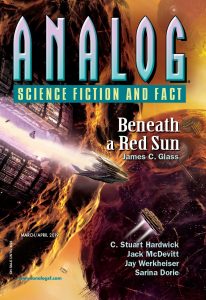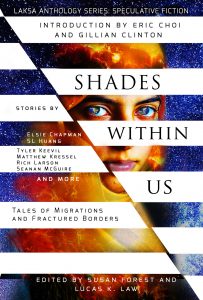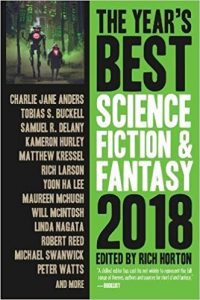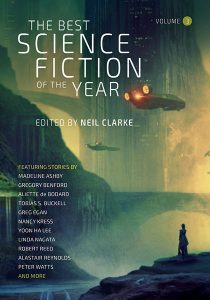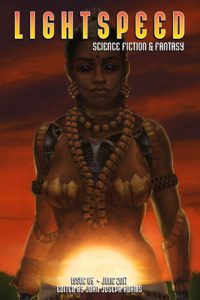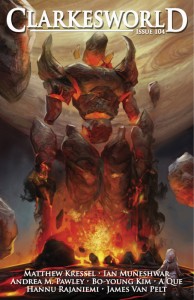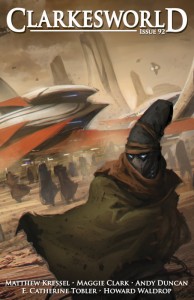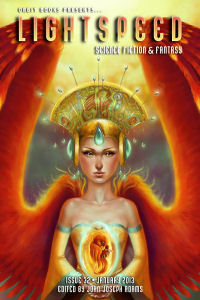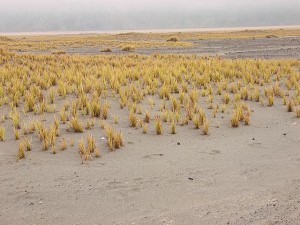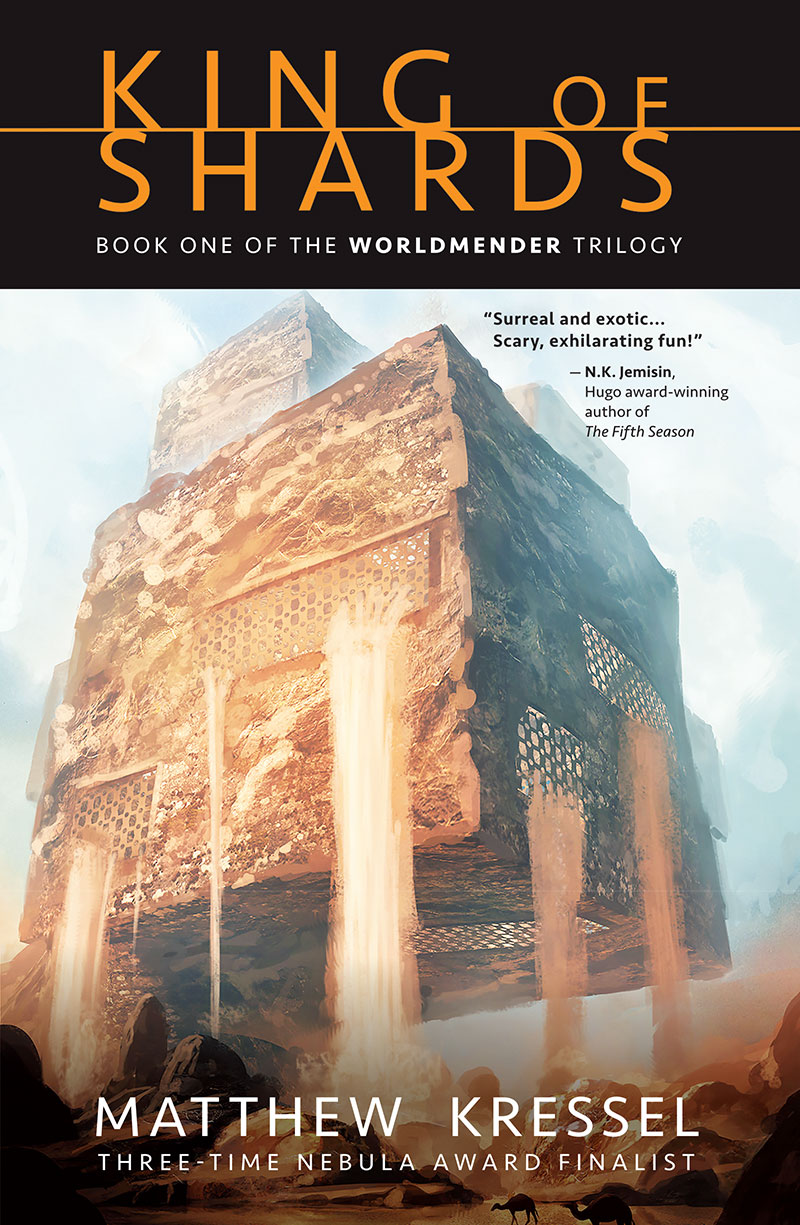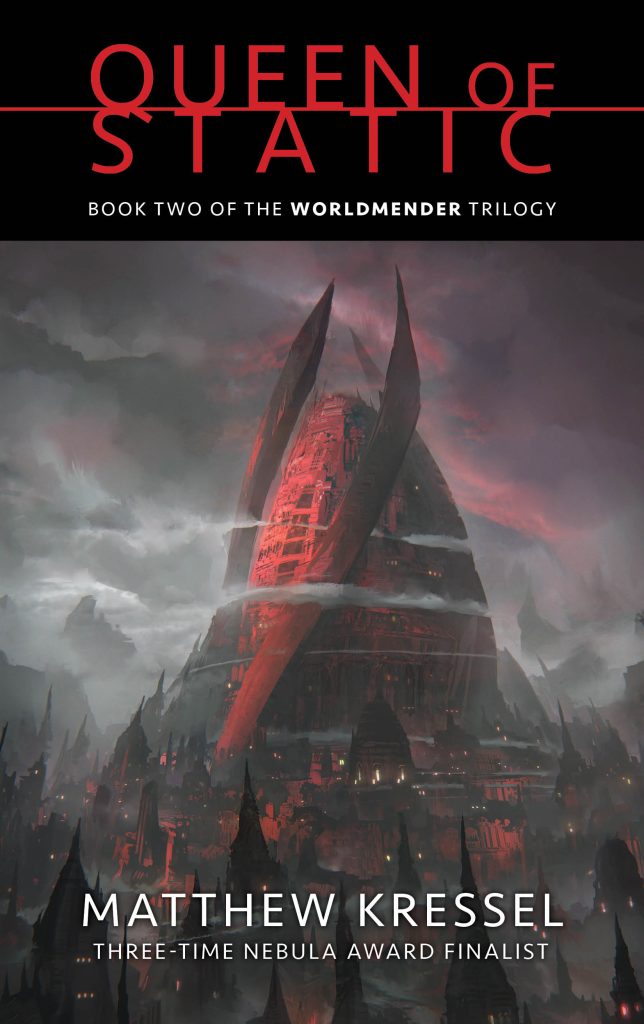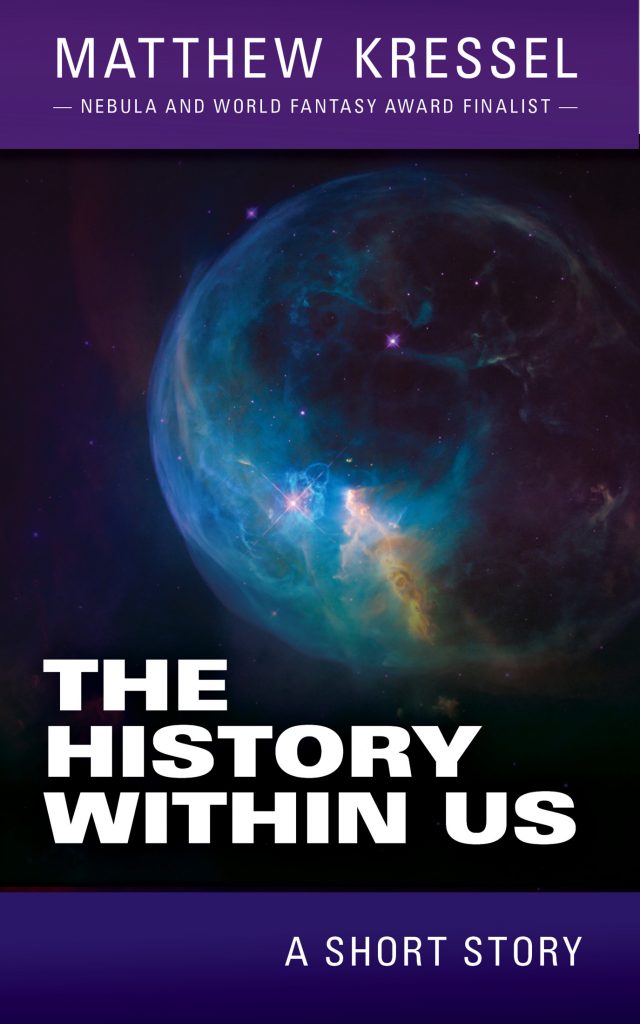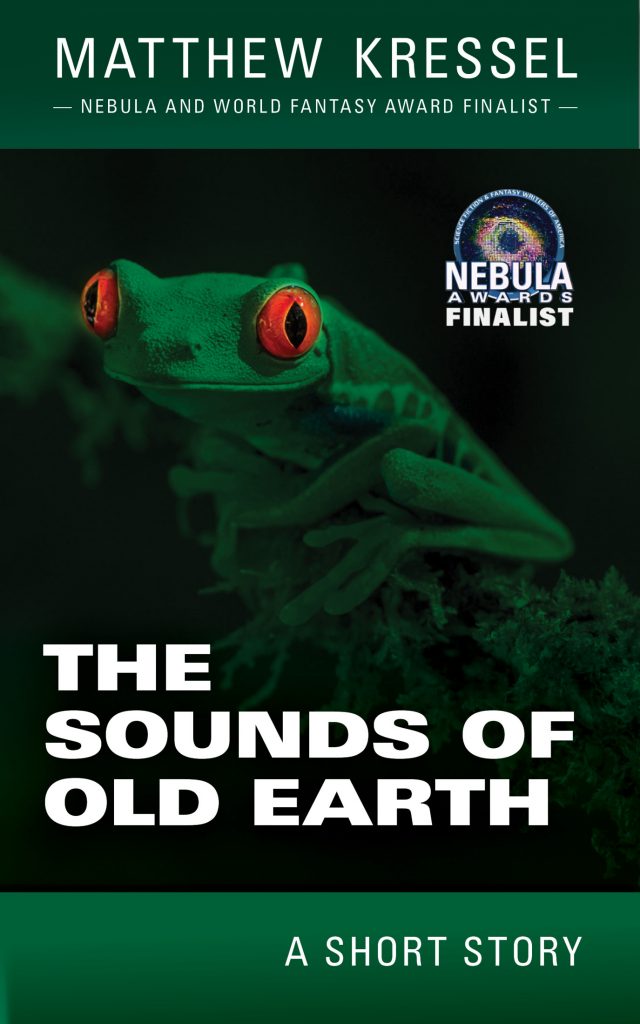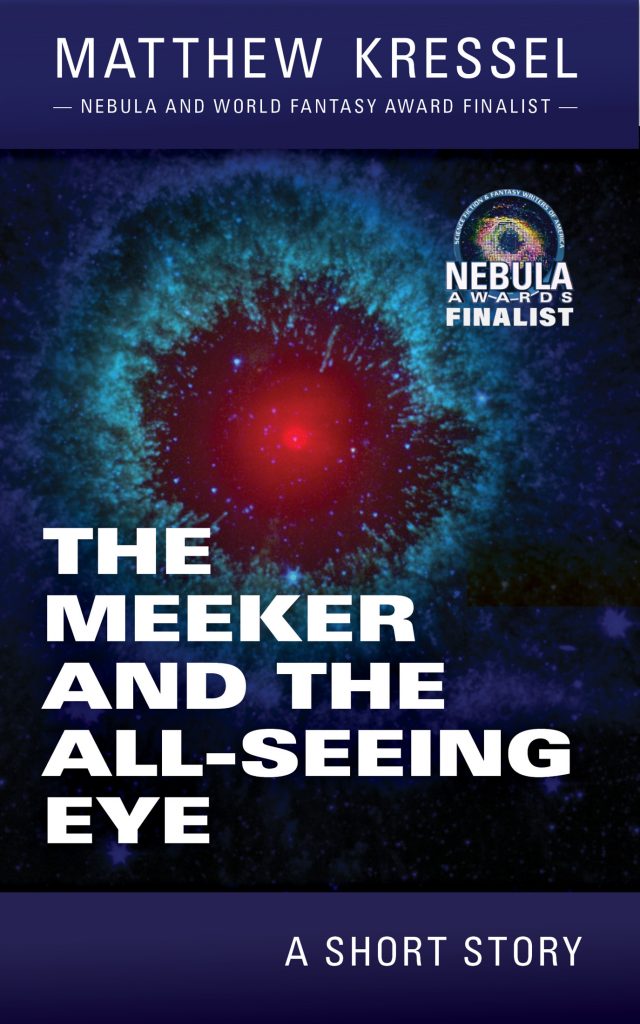Last night, after an excellent NYRSF reading by authors Sam J. Miller and Jennifer Brissett, we went out to the usual bar afterwards (Milady’s) and I got into a discussion with the inestimable Paul Berger and the indomitable Mercurio D. Rivera about the anthropic principle and its relation to the relative abundance or non-abundance of life in the Cosmos.
Our discussion ended on a question that none of us seemed qualified to answer, so I though I would post my thoughts here and some of the counter arguments they brought up in the hope that someone (you?) out there on the interwebs might have an answer or explanation for us.
According to string theory, there are something like 10500 universes out there. One of the big questions of cosmology is, Why are the constants of the universe so tailored to life? If certain constants, say the strength of gravity, or the strong nuclear force, were to change by a tiny fraction, life could not possibly exist. String theory posits that those universes of alternate-strength forces exist too. We just happen to live in a region of the cosmic landscape (to use a term coined I believe by Leonard Susskind) that is more fertile. We are told to think of the cosmos as an enormous field. In some areas, the soil is fertile and things grow. In some areas, the soil is barren and there is nothing but chaos.
Conceptually, this might explain the so-called “anthropic principle“, that is, why those constants seem so well-tuned to life: because there is no fine-tuning. There is merely such an enormous landscape of possibilities and we just happen to live in the realm that has the properties to give rise to intelligent human beings.
I think is argument is akin to the Million Monkeys Theorem. I’ve heard multiple versions of this, but the basic idea is that if a money randomly types out keys on a typewriter, given enough time (and usually the time spans are enormous), he will type out the complete works of William Shakespeare. Though extremely rare, probability theory states this will happen with near certainty given enough time. Increase the number of monkeys and the time decreases. I think if you had 10500 monkeys the time would be pretty short overall.
This argument makes sense to me, until I thought about the relative abundance of life in this region of space. What if we discover that life exists nowhere else in the universe, with the exception of the Earth, that all else is barren? This would imply that, even in our region of the cosmic landscape, life is incredibly rare. That with 100 billion (visible) galaxies, each with 100 billion stars, the million monkeys were only able to type out Shakespeare (i.e. intelligent life) only once. While this would be a sad discovery for the human race, it fits in neatly with the anthropic principle. We just happen to live on a planet that has the right conditions for our evolution into intelligent organisms. But because this is so rare, it only happened once in all eternity.
Now consider an alternative: that we discover ancient microbial life on Mars. And we find life in the salt-water oceans of Europa. And we find life elsewhere in the solar system. What if we also discover that these lifeforms have a different morphology than those from Earth, suggesting that they followed a different evolutionary path. In other words, life arose on those worlds independently from life on Earth. This would suggest that the universe itself, or at least this region of the cosmic landscape, is hard-wired for life. Or to put it another way, we happen to exist in a highly fertile region of the infinite.
Now, consider the million monkeys again. Typing out Shakespeare once is a highly unlikely event. But typing it out multiple times is absurdly unlikely by many orders of magnitude. Multiply this for every planet or moon where life is found, and you either come to the conclusion that we just happen to live in a very, very, very lucky region of space, or perhaps something else is going on here. Perhaps there is some ontological explanation for the abundance of life in this region of space.
I might accept that in a landscape as vast as string theory posits, there will be some regions of space where life arises because the conditions are appropriate. But what are the chances that we live in such a region and that life is also abundant in that region? The probabilities seem staggering to me.
Here are the counter arguments as I remember them:
o) You put too much importance on life. Who is to say that matter is not important? Or black holes? (My response was that human intelligence, i.e. sentience, is something qualitatively different from anything else.)
o) The distinction between life and non-life is arbitrary. Is a virus alive? A crystal?
o) Most of the universe is dead. Only a very small fraction of it is living matter, even if all the planets had life.
o) Perhaps the math is wrong, or I am misunderstanding the anthropic principle.
So, does anyone out there on the interwebs care to explain this to me, perhaps where my thinking might be off? Because to me, if we find life is abundant in the universe, I believe the anthropic principle breaks down pretty quickly.




